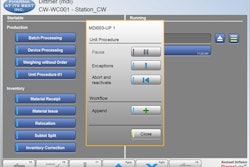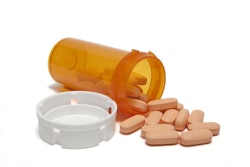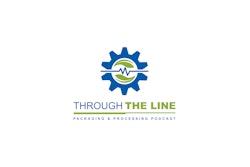According to an April 20 article on Legal Newsline, a lawsuit filed against Pfizer, Inc., “alleges the company violated the law in all 50 states and sold 25 different products with misleading labels. It further alleges the company has made ‘millions of dollars’ from the sale of the Advil and Liqui-Gels based on false and misleading packaging.”
The article said, “The size of the bottles in comparison to the volume of the products contained therein makes it appear as if the consumer is buying more than what is actually being sold. By increasing the size of the product packaging, (Pfizer) maximizes the shelf presence of its products over competitor products.”
On the same date, Legal Newsline also reported on a “class action filed over weight of Ban Invisible Shield,” in which a suit was filed against KAO USA, maker of Ban Invisible Solid antiperspirants and deodorants, “over allegations its labeling and packaging was misleading to consumers.”
The article noted that the lawsuit claims “the products listed a net weight 2.6 ounces greater than the actual weight of usable product. The so-called ‘non-functional slack-fill’ deceived customers into thinking they were purchasing more of the product than it actually contained.”
These aren’t the first instances of lawsuits in which consumers thought they were buying more product than they actually were, based on the packaging. In late 2014, for example, CVS reportedly had to pay $225,000 as part of a settlement agreement related to several of its own branded products. An online article for Fresno’s (CA) ABC30 Action News said that “CVS/pharmacy has agreed to redesign the packaging of certain CVS Brand items.”





















